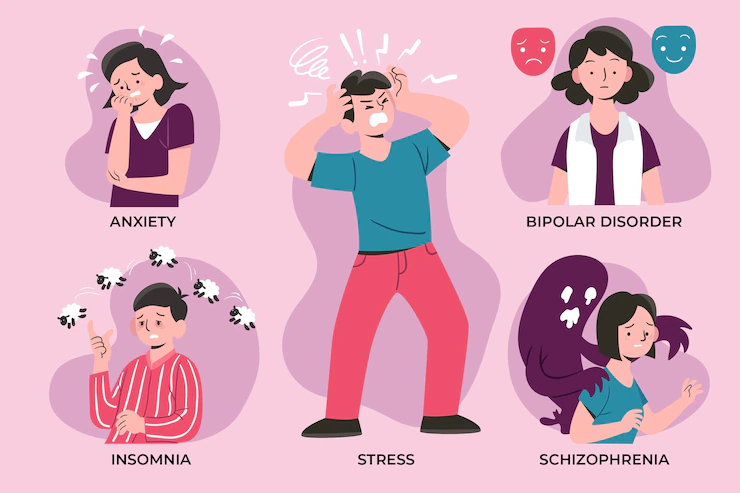Are Senior Executives More Likely To Have Personality Disorders?
by Arnab Dey Health Care Services Published on: 24 March 2022 Last Updated on: 28 March 2022

Presented by BetterHelp.
Many people wonder what it truly takes to climb the corporate ladder because a path so wrought with failure, people losing their jobs, and fractured relationships can be extremely tough to handle.
It certainly feels like it takes a specific type of personality to ascend the executive ranks, but is there any scientific evidence that proves it’s true?
Studies have found a correlation between specific personality disorders and the professions they choose to go into.
However, on the flip side, conditions such as antisocial personality disorder or narcissists tend to have some violent or destructive tendencies that would not fare well in a corporate environment, especially as a high-ranking official who oversees a large group of employees.
Undoubtedly, the company would implode, you probably think to yourself. Well, let’s see if there’s any basis for that thought.
What Are Personality Disorders?
Individuals with personality disorders have inflexible and unhealthy thought and behavioral patterns. Because of this, they struggle to maintain relationships in love, school, and the workplace.
People with personality disorders often may not even realize they have one due to their habits seeming entirely natural for them and will likely blame others for any obstacles they face.
Today we’ll be focusing specifically on antisocial and narcissistic personality disorders, as they tend to be the most prevalent within groups of high-level executives.
Curious to learn more about personality disorders? The BetterHelp team has compiled a variety of helpful resources at this site.
Here are the most common symptoms among both conditions:
1. Antisocial Personality Disorder:

- Lack of remorse
- Irresponsible or lack of interest in the following authority
- Impulsive behavior
- Aggressive or violent behavior
- Frequent run-ins with the law
- Violating others’ rights and boundaries
- Consistently lying, manipulating, conning others
2. Narcissistic Personality Disorder:
- Envying others, or believing others envy you
- Arrogant behavior
- Expecting the admiration and praise of others unfoundedly
- Fabrication or exaggeration of achievements
- Disinterest in acknowledging others’ feelings
- The belief that you’re better or more special than others
3. CEOs & Psychopathy
The key trait that separates non-psychopaths from psychopaths is the ability to empathize with others. However, we all fall on it like a spectrum.
In order to receive a diagnosis of antisocial personality disorder, the condition that psychopathy falls under, you have to undergo an examination that measures your levels of narcissism, inability to feel guilt, persuasiveness, and the inability to put yourself in other people’s shoes.
Psychopaths only make up about 1% of the world’s population, but among a group of senior executives, the rate increases to 3.5%, which may not be too shocking, being as though psychopaths strive for power, money, and status, more so than the average person, of course.
4. CEOs & Narcissism
The Leadership Quarterly study provides some insight into how CEOs are disproportionately narcissistic compared to other careers.
The study looked at a sample of Italian CEOs and found that those who scored high on narcissism had a quicker climb up the corporate ladder than their non-narcissistic counterparts.
It involved 172 CEOs who completed questionnaires about the companies they led, in addition to completing the NPI, also known as the Narcissism Personality Inventory. This was followed by an evaluation of each participants’ work and education history.
5. Nature Vs. Nurture
So what determines whether a psychopath becomes a successful entrepreneur or executive instead of a prolific criminal?
It seems that nurture plays a significant role, with many criminalistic psychopaths having dealt with troubled childhoods and poor educations growing up.
On the other hand, those with “healthier” upbringing and good educational backgrounds often became leaders.
However, a psychopath’s brain is not as developed as an average person’s brain, functioning on a similar level to an adolescent with an underdeveloped or damaged limbic system (in charge of emotion, memory, and emotional bonding). Traumatic brain injury or substance abuse could also be a culprit in creating psychopaths.
Read Also:




































































































